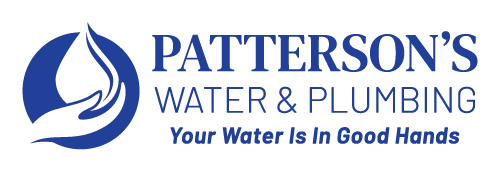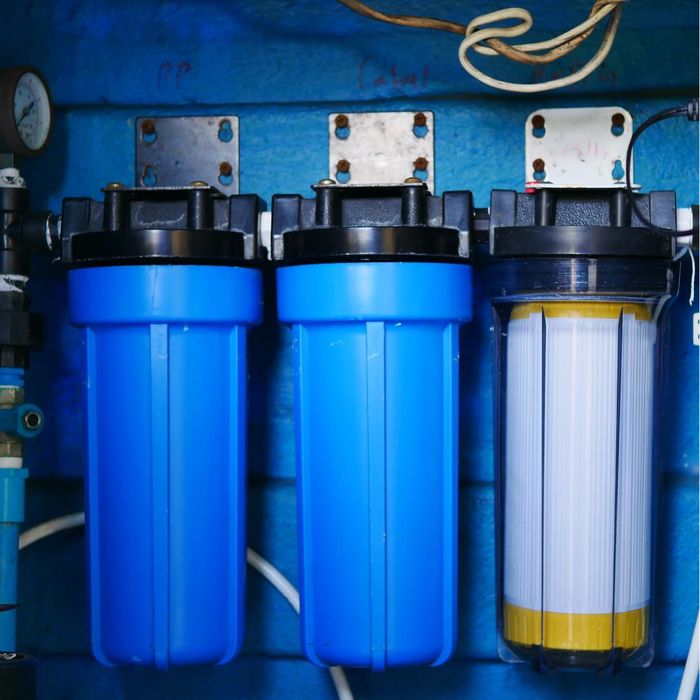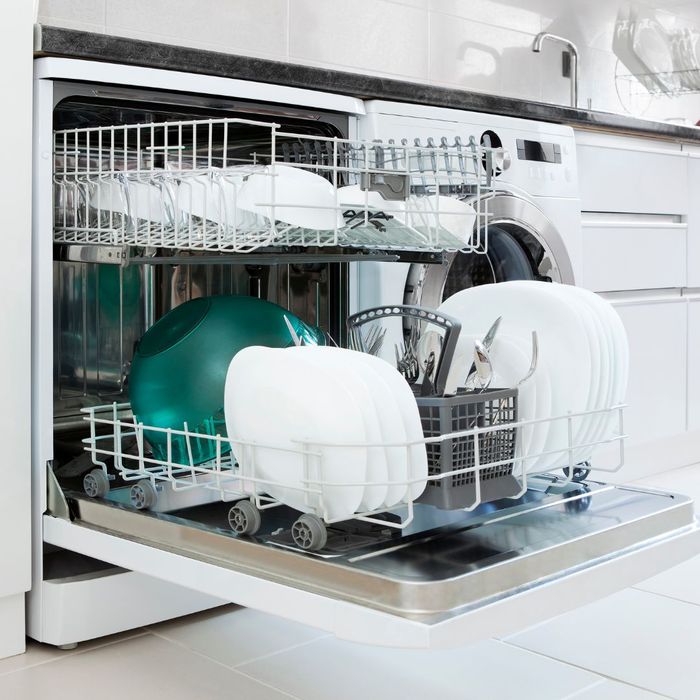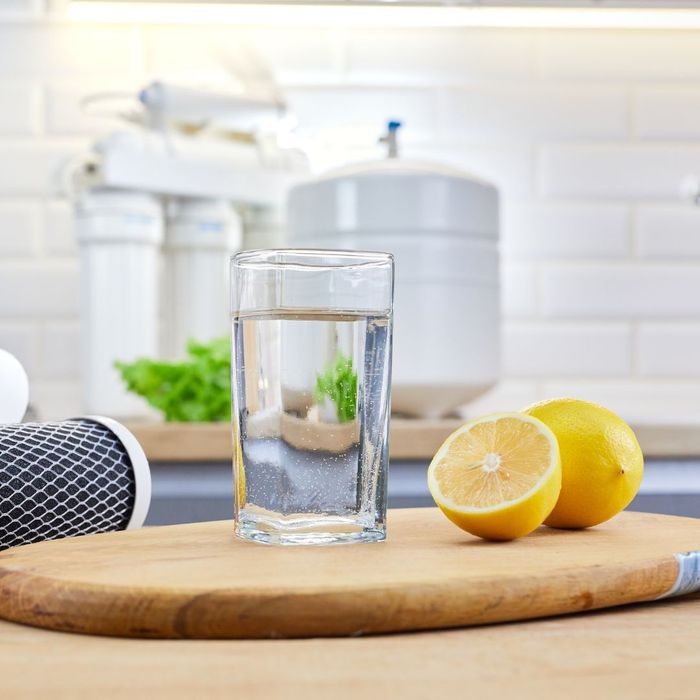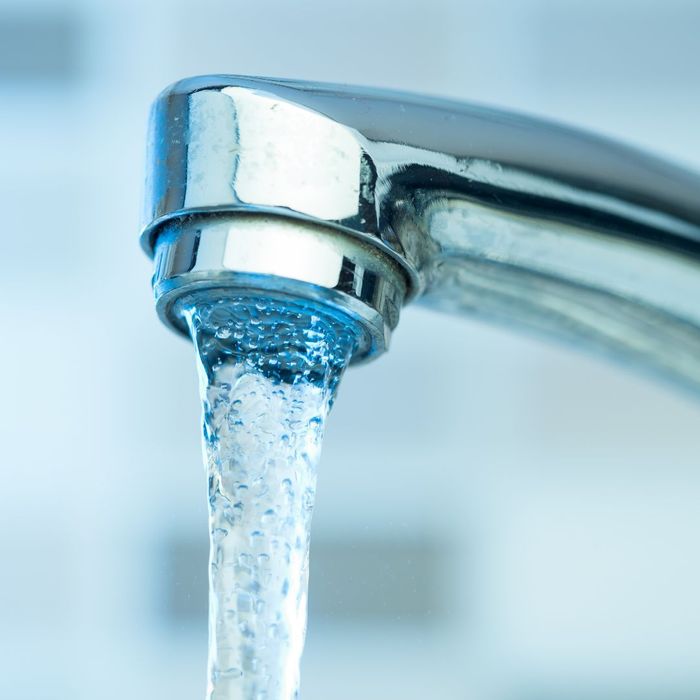Title: Reverse Osmosis Systems vs. Filtration: Which Is Right for Your Household?
1. Are You Sure Your Water Is Safe? You turn on the tap expecting clean, fresh water. But do you know what’s actually coming out? Many households in New Jersey face water quality issues, from excess minerals to harmful chemicals. The right water purification system can protect your family’s health—but how do you choose between a Reverse Osmosis (RO) system and standard filtration?
2. Understanding Your Options At Patterson’s Water & Plumbing, we help homeowners make informed choices about water quality. Choosing between RO and filtration depends on your specific water concerns, budget, and household needs.
3. Reverse Osmosis vs. Filtration Both systems improve water quality, but they serve different purposes:
- Reverse Osmosis (RO): Uses a multi-stage process to remove up to 99% of contaminants, including heavy metals, chlorine, fluoride, and even bacteria. It’s ideal for households needing the highest purity level for drinking and cooking. This system filters the water that goes IN you.
- Standard Filtration: Typically uses activated carbon or sediment filters to remove chlorine, sediment, and some chemicals, improving taste and odor. It’s great for basic water concerns but doesn’t remove all contaminants. Whole house filtration systems filter the water that goes ON you.4.
- Choosing the Right System for You If your water has high contaminant levels or you want the purest drinking water possible, an RO system is likely your best choice. If you simply want better-tasting water and minor contaminant removal, a standard filtration system may be enough.
4. Get Expert Advice Today Not sure which system is best for your home? Patterson’s Water & Plumbing can test your water and recommend the perfect solution. Contact us today for a consultation and take the first step toward cleaner, healthier water for your family!
